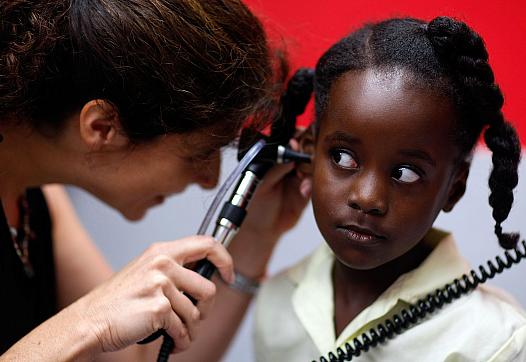
A new study shows the gains made in getting kids to the doctor since the turn of the millennium, and clarifies what’s at stake should public coverage programs undergo significant cutbacks.

A new study shows the gains made in getting kids to the doctor since the turn of the millennium, and clarifies what’s at stake should public coverage programs undergo significant cutbacks.

When an anonymous source informed The Detroit News that the Detroit Medical Center was improperly sterilizing surgical equipment, health care reporter Karen Bouffard started digging.
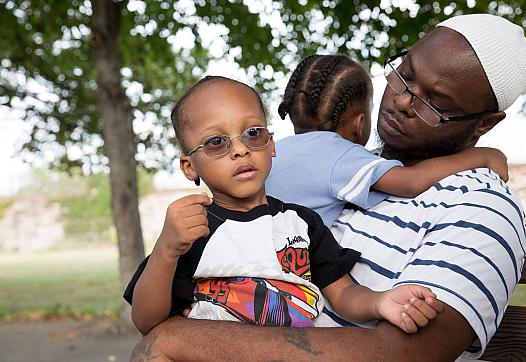
In Philadelphia, thousands of children are newly poisoned by lead year after year — at a far higher rate than those in Flint, Michigan.
![[Photo by Steve Snodgrass via Flickr.]](/sites/default/files/styles/teaser_list_thumbnail_large/public/title_images/unnamed_6.jpg?itok=pjduxjkE)
Not your average public service announcement: A county in Washington state successfully used monthly surveys, data and community engagement to change perceptions and lower alcohol use among teens.

A new analysis of national data reveals for the first time just a slew of disparities between the mental and physical health of children placed in foster care and otherwise similar kids.

A program that creates market incentives to encourage drug makers to target rare pediatric diseases seemed like good policy at first. But evidence of the program's effectiveness is missing.
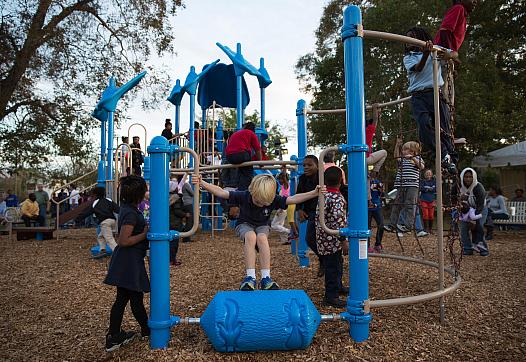
“With limited resources, these communities were able to significantly improve their outcomes,” says Natalya Verbitsky-Savitzy, a research statistician for Mathematica.

That's bad news, especially given ample research that has shown how critical engaging and speaking to young children is for building brains and spurring healthy development.
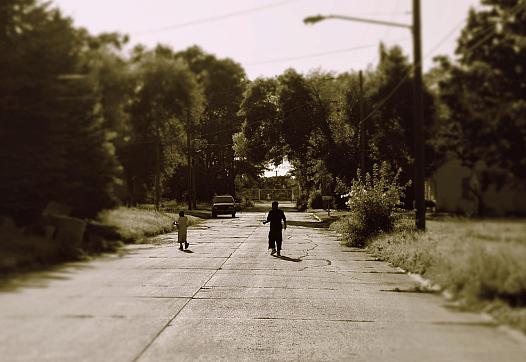
Dr. Glenda Wrenn of Morehouse School of Medicine discusses narratives of recovery and how journalists can do justice to the concept of resilience in their reporting.
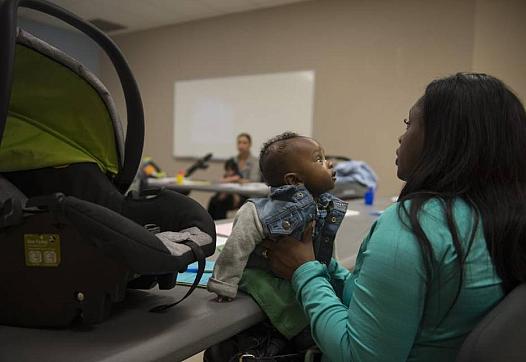
Black babies in Sacramento County were about five times more likely to die in their sleep than white babies between 2010 and 2015, a Sacramento Bee review of California death certificates reveals. What can be done?